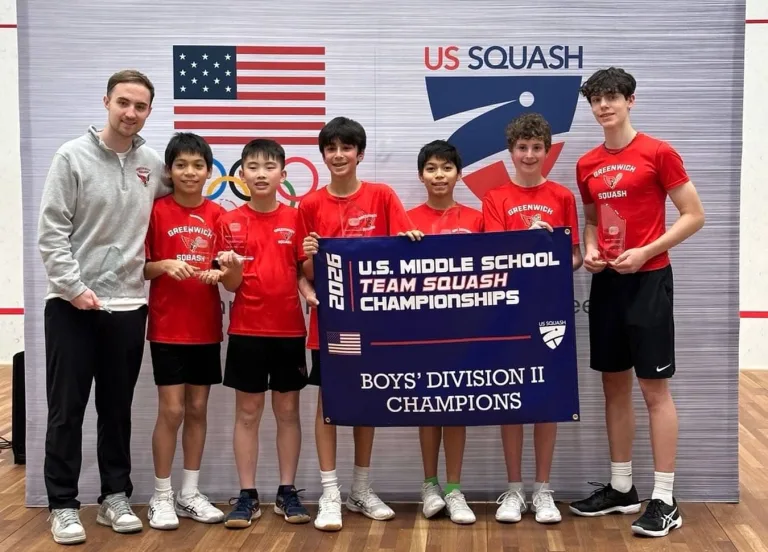
By Jennifer Openshaw
When I speak with employers today, one theme comes up again and again: the job market is shifting faster than our students are prepared to keep up. Artificial intelligence (AI) is driving much of that change. While some fear AI will eliminate jobs, the bigger risk is that young people will enter the workforce without the skills needed to adapt, compete, and lead alongside it.
In case you missed the latest hiring trends, in June, new job postings dropped by 7% month-over-month and 2% year-over-year, while open positions fell 8% from May. Real-time data from LinkUp shows active U.S. job listings declined 3%, with new openings falling from 1.54 million to 1.37 million. Businesses are increasingly cautious—one in five companies plan to slow hiring in the second half of 2025, nearly double last year’s level.
What’s behind this?
• Productivity gains: Many companies are investing in AI to automate routine tasks, which means they can maintain output with fewer hires.
• Cautious hiring: Employers are pausing or reducing entry-level hiring until they see how much AI can replace or augment roles. This is especially true in finance, marketing, customer service, and legal support—fields already experimenting with AIdriven efficiencies.
• Skill mismatch: Companies increasingly want candidates with AI literacy and problem-solving skills, but many graduates don’t have them. This creates a gap: jobs exist, but applicants aren’t seen as ready.
This has me worried not only about my own kids (who have yet to enter college), but the thousands we at GWI served this past year alone… and the many Greenwich parents I talk to, worried about their student landing successfully.
As parents, we spend decades and often hundreds of thousands of dollars preparing our kids for the future. Even graduates of top universities struggle to translate classroom learning into workplace performance.
Without thoughtful planning, our investment can fall short.
Here are three things parents must consider now to help their children succeed in the AI-driven workforce.
1. Hard Skills Aren’t Enough
Yes, students need exposure to AI and technology. Employers increasingly expect young professionals to understand how AI tools can improve productivity, efficiency, and innovation. But technical skills alone won’t cut it.
The U.S. Chamber of Commerce found that 74% of hiring managers say new hires lack basic work readiness.
Employers say the biggest gaps are in critical thinking, problem-solving, and communication—skills AI can’t replace. Students who can lead teams, navigate ambiguity, and apply judgment will rise to the top. Parents should seek opportunities—whether through leadership programs, debate clubs, or internships—that help their kids practice these human-centered skills.
2. Career Pathways Will Look Different
The World Economic Forum reports that 50% of skills in today’s jobs will change within five years.
The “safe” careers of yesterday—law, medicine, accounting—are being disrupted. AI is writing contracts, scanning medical images, and managing financial data faster than people can. But that doesn’t mean opportunity disappears—it shifts. New jobs are emerging in AI ethics, human-machine collaboration, and industries that blend technical and creative skills.
Parents should encourage flexibility and expose kids to a range of fields. What matters most is building adaptability—the ability to pivot, learn, and grow in a constantly evolving landscape.
3. Access and Networks Will Define Success
Perhaps the greatest risk is that the AI economy will widen the gap between the “haves” and “have-nots.” Students with wellconnected parents may land internships and mentors who open doors. But talented students without those networks risk being left behind.
That’s where parents can play a crucial role—connecting their children to real-world experiences, mentors, and programs that build both skills and confidence. Even modest investments can transform outcomes. For example, in our Girls With Impact program, a $1,000 sponsorship has led to students securing six-figure college scholarships, paid jobs, and even starting small businesses.
The bottom line: AI is scary; its impact will be huge.
But it also represents opportunities for young people who are put into the right situation.
Without preparation, our students risk being outpaced by change. Parents can—and must—step in to ensure their children graduate with more than knowledge. They need the leadership, adaptability, and resilience to thrive in a world where AI will be everywhere.
The future is coming fast. Let’s make sure our kids are ready.
Jennifer Openshaw is the Chair & Founder of Girls With Impact, a 501 (c) (3) organization and the nation’s leading business & leadership training program for young women, which has prepared over 20,000 for Day 1 at work. Its tuition-free programs are made possible by supporters locally and nationwide. Visit www.girlswithimpact.org




